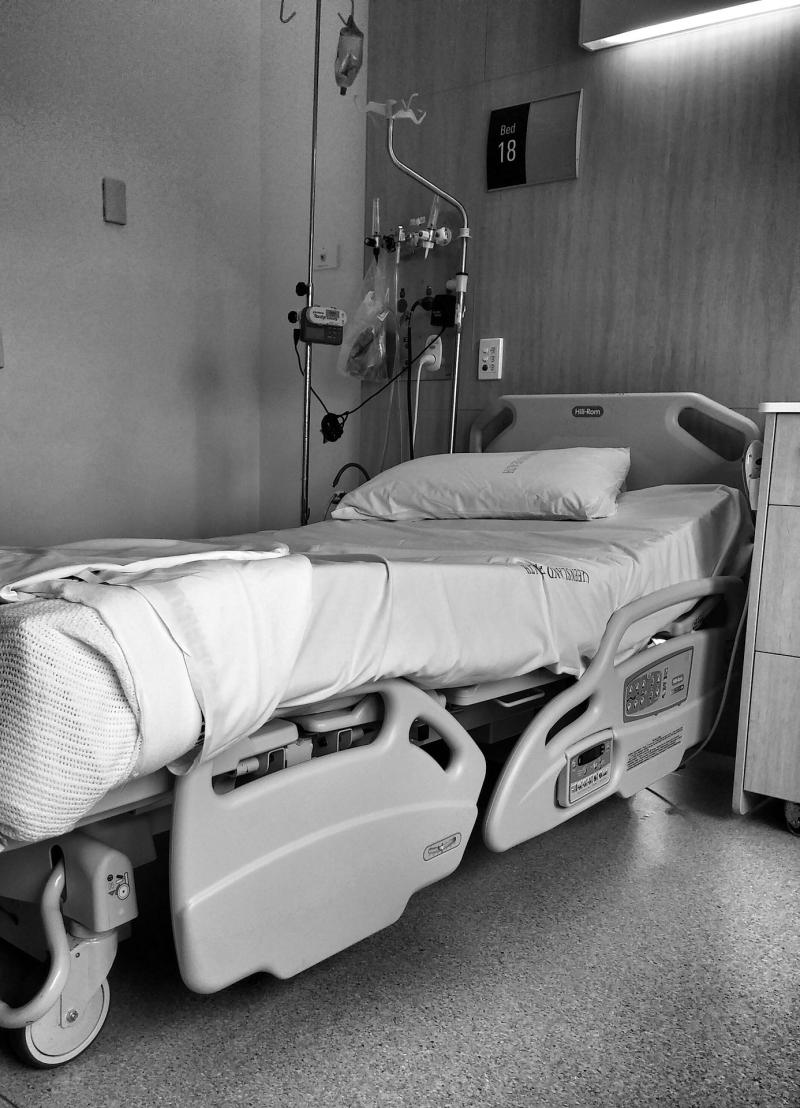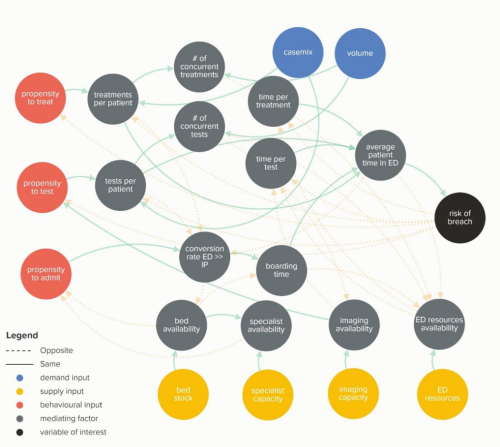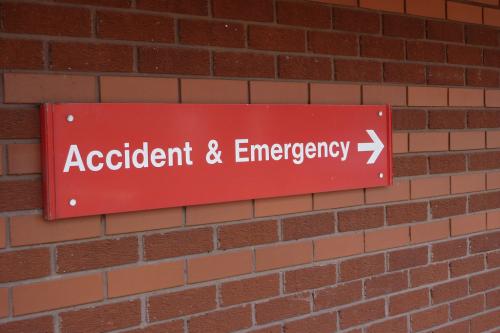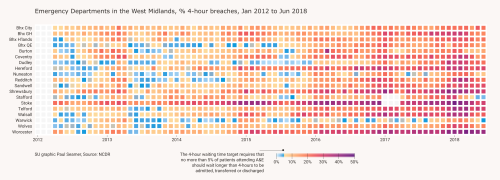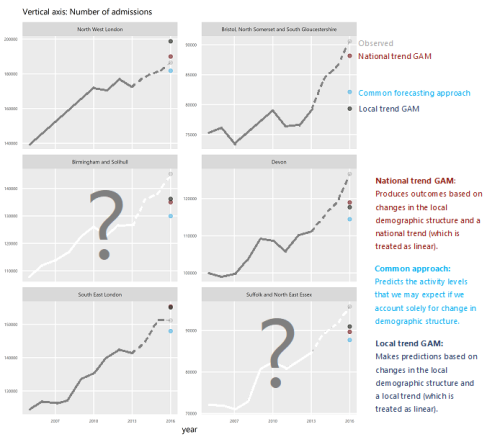We know that patterns of access to healthcare have changed during the pandemic. We know this will affect people’s health. And we also know that this will be unevenly felt. The more precisely we can analyse these problems, the better our ability to respond appropriately.
Our analysis of access to emergency departments (ED) during ‘Lockdown 1’ contributes to this evidence base. It shows that there was a radical fall in activity, but that this was concentrated in specific ethnic, age and diagnostic groups.
The analysis was published in in The Lancet Regional Health – Europe and was co-authored by Elizabeth Fisher (Nuffield Trust) and Ruth McConkey (Health Foundation). We looked at 14,224,908 attendances at consultant-led ED departments operated by 41 NHS Trusts in England between January 2019 and June 2020.
Our main findings were that:
- Overall attendances at ED fell by 51%;
- The biggest drop-offs were among patients of Bangladeshi (75.3%), Chinese (74.5%), Pakistani (71.8%), Indian (64.9%), and Black African ethnicities (63.5%);
- Attendances for those under 19 years also dropped significantly, with a 69.1% reduction from pre-lockdown attendances. Falls in attendances for older people were less marked. For people aged 65-74 years the figure was 42.6%; for those over 75 it was 40.1%;
- There was a fall of 60.3% of those coming to hospital by themselves, and those with contusions or abrasions (66.9%), muscle and tendon injuries (65.6%); and,
- Gender and deprivation factors didn’t affect attendances.
These figures show where inequalities in access may lead to further inequalities in health. While falls in attendance for younger people may simply be a function of there being less chance of injury during lockdown, the same is not true for people from the Black and Asian communities. Here people seem to have been weighing up the risk of catching COVID if they attend A&E against the risk of leaving health problems untreated if they do not.
Dr Farzana Hussain, a GP at the Project Surgery, Newham, and current GP of the Year, commented on this element of the analysis:
“This fits with my experience working as a GP in a deprived part of London. The pandemic has highlighted many of the pre-existing inequalities in our society, but it’s still shocking to see how this affects even basic access to emergency care. We have to support all of our communities, and having this analysis shows where more attention and more action is needed”.
Time will tell how these different patterns of access translate into (further) inequalities. For now, we’re pleased that our analysis has helped highlight challenges and focus attention on these vital issues.
